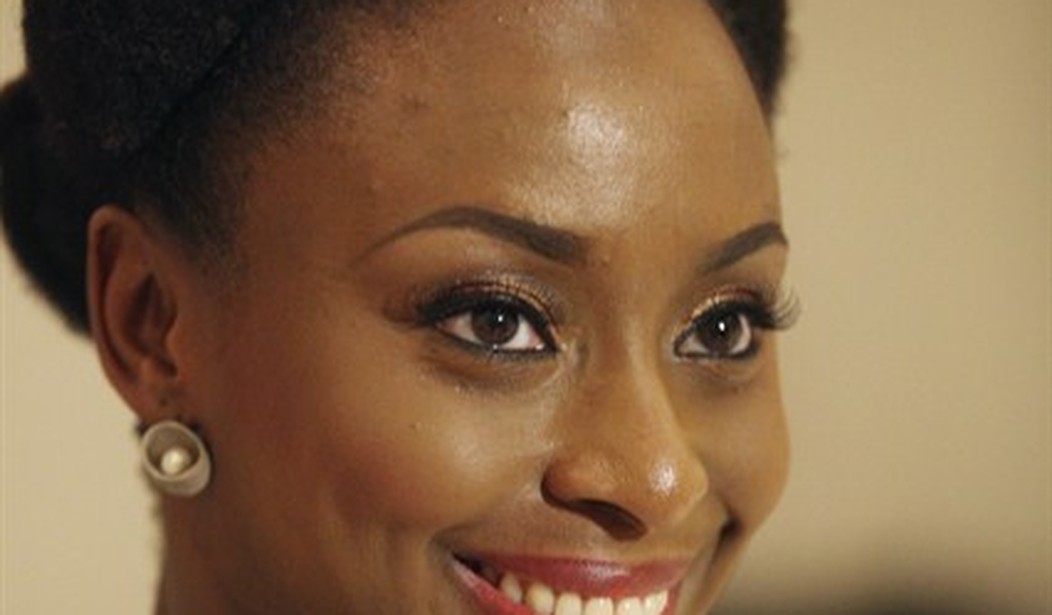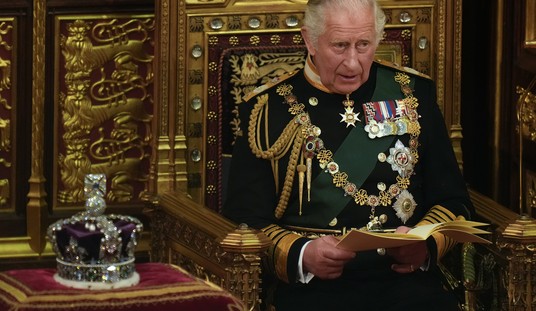Wednesday I wrote about Nigerian feminist author Chimamanda Ngozi Adichie who had published a three-part piece on her own website pushing back at a couple of her critics and criticizing cancel culture more broadly. Needless to say, that didn’t go over well with everyone. Over at Vox, Aja Romano has written a response calling Adichie’s post a distraction. The subtitle of the piece is “We’re having the wrong conversation” which is another way of saying it’s not the conversation the author thinks we should be having.
In a rush to praise the most quotable parts of Adichie’s cutting essay, many on the left have joined notorious transphobes, TERFs, and their allies, including signatories of the infamous 2020 Harper’s open letter against the concept of cancel culture.
As with that letter, which was signed by several figures who had publicly expressed transphobic views, transphobia has inevitably attached to the conversation around Adichie’s essay. On Twitter, those who say they are boycotting Adichie in response to learning of her transphobia are being harassed.
I could stop to interject after almost every paragraph of this entire piece but I’m stopping here because that claim that those “boycotting Adichie” are being harassed ought to be considered a bit more carefully.
First of all, the idea of launching a boycott of an author on Twitter seems like exactly the kind of thing Adichie was criticizing in her piece, i.e. people eager to show off their ideological orthodoxy on social media. As for the claim she was being “harassed” it’s a bunch of people disagreeing with her on Twitter.
This hate campaign against her works won't change anything. She is a million light-years ahead of you guys. https://t.co/tRVzYRLvZi
— Maybeks (@Maybeks) June 17, 2021
People can’t coexist with different opinions or what? What’s with this cancel culture? Thank God God no be man https://t.co/3iJiccolBC
— Mmaette (@fonicka08) June 16, 2021
Speak for yourself, clown. https://t.co/58vlBeV9CP
— Dannie Delacroix (@YellzDan) June 16, 2021
When you think you’re important. 😂 https://t.co/IGgjMhlzB4
— Nze (@nzekiev) June 16, 2021
I don’t think she or anyone cares tbh. https://t.co/1SmjXB2v6o
— • (@Yesitsjael) June 16, 2021
And so on. Granted, this is not what I would call “nice” but people are offering their reactions to a call for a boycott of a pretty well-known and well-liked feminist author. Some people just don’t agree. In fact, I could swear people on the left were calling this sort of thing “accountability culture” just yesterday but suddenly it’s harassment to disagree with someone’s call for a boycott? Refusing to join the mob ganging up on one person is not harassment. Moving on:
Worst of all, a conversation that should have been about transgender identity has been reframed. Now it’s about how “difference of opinion doesn’t mean hatred” and how social media “amplifies pathological and anti-social tendencies.” Adichie’s essay minimizes and obscures her original actions and speech, and fans of the essay have joined her in that effort. They’re helping to further discredit Adegbeye and Emezi and the message they’ve been trying to amplify.
We’re having the wrong conversation — not the one about cancel culture, but the one about whether one of the most famous feminists in the world is actually transphobic, and what it means for trans women if she is.
In short, we should be talking about how Adichie is a bad person. Any other conversation is the wrong conversation. The author then brings the reader back to the correct conversation, i.e. the one in which Adichie is a villain:
This conversation should be about trans identity. It should be about how awful it is for trans and nonbinary people to see beloved figures like Rowling and Adichie promoting an ideology that insists we’re not really the gender we say we are, that we’re liars and sexual predators, that we’re chasing a social media fad and performing wokeness for leftist clout, that we’re making it all up. It should be about figuring out why women with so much education and so much initial empathy wind up adopting a belief system so dedicated to othering people who are already vulnerable and at-risk.
It should be about how political debates about trans identity negatively impact the mental health of 94 percent of trans teens. It should be about the damage that is done when respected public figures like Adichie and Rowling use their massive influence to air transphobic views under the guise of “perfectly reasonable” debate about whether trans women are women.
That link in the 2nd paragraph above goes to a fact sheet based on a recent survey that is several pages long. Maybe I’m missing it but I don’t actually see the particular factoid being claimed here. There is a line that states “94% of LGBTQ youth reported that recent politics negatively impacted their mental health” but not all of those responding were trans. Also it’s not clear what “recent politics” refers to. There doesn’t seem to be any further explanation. Is this a reference to specific actions taken by the government? Or is it people arguing on Twitter? It’s not really clear what it means.
If we were to find that 94% of white people reported attending anti-racist training had negative feelings as a result, would anyone on the left see that as a reason to stop? I don’t think so. The two things aren’t perfect analogous of course but the point is that a vague assertion of negative health impacts shouldn’t shut down a conversation. Claiming you feel hurt emotionally doesn’t mean you’re right or that no one should be allowed to disagree with you in public.
The broader point I think is that conversations don’t work the way the author seems to think they should. In a conversation, you say what you think and other people say what they think. It’s a back and forth. Announcing that something is “the wrong conversation” is not going to settle anything. It’s just another way of saying ‘I want to talk about something else’ and trying to change the subject. In a real conversation no one gets to decide what the right conversation is, not even people writing Vox explainers.








Join the conversation as a VIP Member